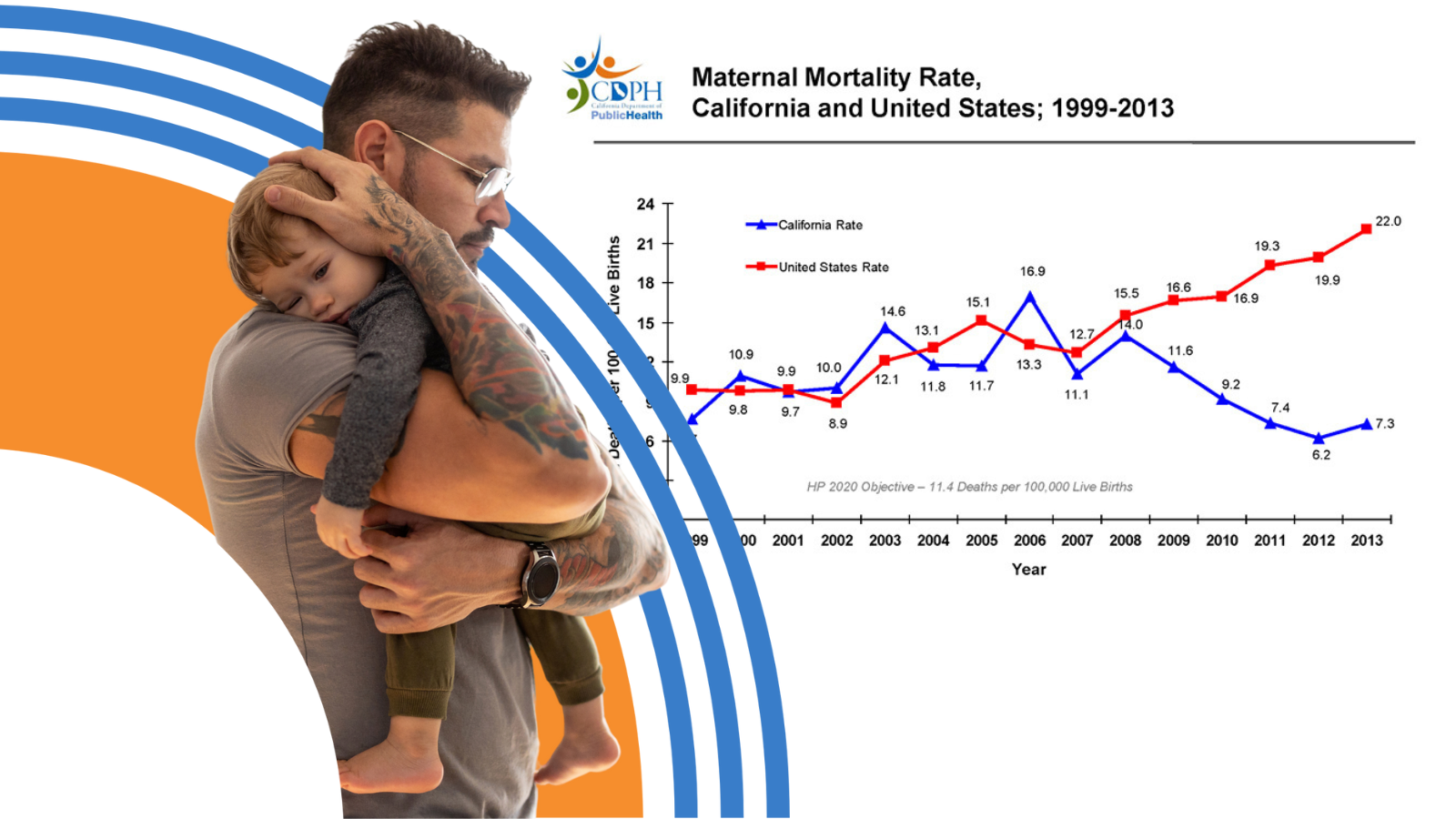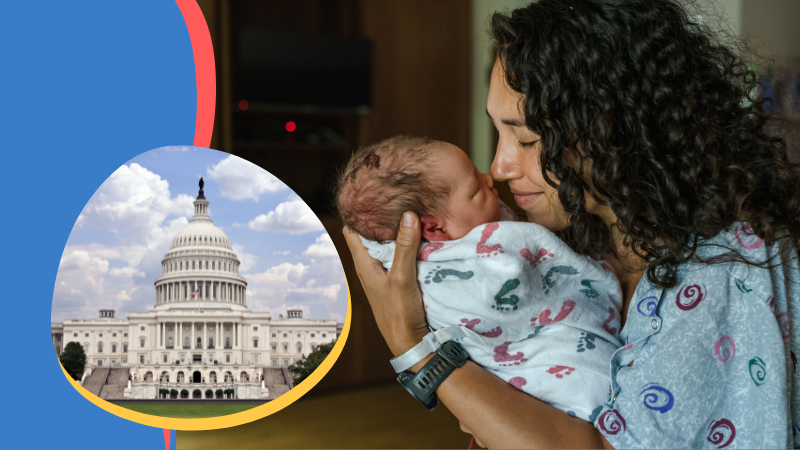In 2019 we learned from the CDC that they no longer plan to use death certificate data to report maternal suicides as the data is simply too unreliable. Rather they are supporting states to focus on maternal mortality review committee review of medical records to review sources of death including maternal suicide.
September 10 is International Suicide Awareness and Prevention Day, and it’s time to talk about maternal suicide including maternal suicide reporting in the U.S.
The United Kingdom last reported that suicide is its #1 cause of maternal mortality. Just three days ago, Japan announced the same.
The World Health Organization, in response to the United Nations’ millennium development goals, prioritized maternal health and maternal mortality noting that maternal suicide is a leading cause of maternal death in developed countries.
If you’ve been in the field of maternal mental health for a while, you have come to realize the gut-wrenching reality that the rate of maternal suicide is reported in many developed nations like the UK and Japan, but not here in the U.S. However this is about to change, on two fronts.
State Maternal Mortality Review Committees
Federal legislation, HR 1318/S 112 (which 2020 Mom, our partners and change agents in our network, advocated for in D.C. this May), are bills that are supported by both parties. The laws would provide assistance to state departments of public health in putting an end to maternal deaths by creating formal maternal mortality review committees to review cause of death in detail, issue annual reports and put corrective actions in place to end preventable maternal deaths, including most suicides. Many states already have these committees in place but may not have the support they need (i.e. technical assistance) to apply best practices and for consistent reporting to the federal Centers for Disease Control (CDC). Learn more here and here.
California’s public health department noted disturbing trends in maternal death and with the direction of Stanford’s California Maternal Quality Care Collaborative (CMQCC), has lead the way in aggressively working with hospitals to change outcomes in less than 7 years.

Maternal Mortality has typically been defined and tracked as death during pregnancy or with 42 days after due to pregnancy related complication. However, that is changing to include up to one year postpartum to account for suicide related to maternal depression and psychosis
California is coming out with its first report on maternal suicide this fall.
CDC’s National Reporting, Suicide Coming in 2019
This week I was joined by colleagues at the Association of Maternal Child Health Professionals (AMCHP) and two well-known reproductive psychiatrists on a call with our partners at the CDC. They reminded us that the CDC also has a ‘Pregnancy-Related Death’ review process which relies on data reported through death certificates. While the data is not considered as reliable as maternal mortality review committee data, the CDC agrees that it’s time to start reporting the data. We were pleased to learn that a national rate of maternal suicide will be reported staring in 2019. Learn more about the current Pregnancy Mortality Surveillance System (PMSS) reporting here.
This good news comes at the perfect time, as we honor these mothers lost to suicide, here.



